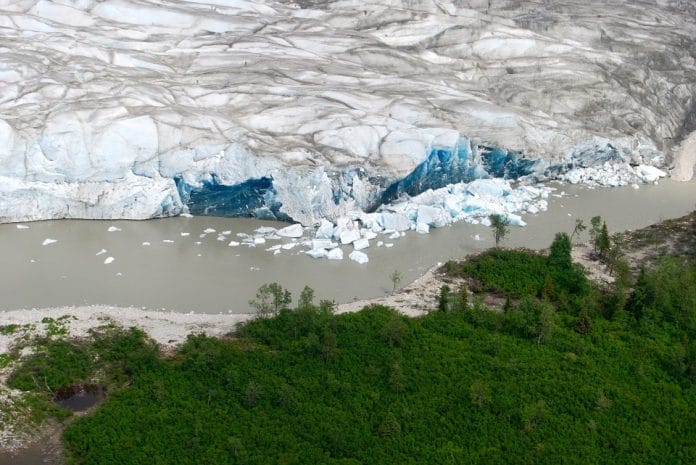Temperatures in Arctic have touched record high
There are parts of Alaska that have no ice at all at this time of the year. This has happened for the first time in recorded history. Record temperatures and unprecedented wildfires in the Arctic have raised temperatures in the region and melted record volumes of ice. More on TIME magazine.
Also read: Europe heatwave breaks records, Alaska’s underwater glaciers melting faster than feared
Dead planets can emit radio waves we could detect
Astronomers have figured out that dead planets around white dwarfs could actually emit radio waves that we can detect for up to billions of years. These planetary cores continue to interact with the white dwarf’s magnetic field, causing them to emit radiation detectable on earth. Read more on this on Universe Today.
Thirty-year-old computer science puzzle solved
A new paper has solved a puzzle relating to “the structure of the fundamental building blocks of computer circuits”. It had been a long-standing unsettled conjecture until the solution was posted online. In fact, it had been summed up simply in a single tweet as well. More on Wired.
Supergravity theory awarded Breakthrough Prize, but faces criticism
The Special Breakthrough Prize in Fundamental Physics, worth $3 million, has been awarded to a team of physicists for their work on the theoretical ‘supergravity’. The theory attempts to unify all the four fundamental forces of nature. The decision to award this theory came under fire on social media for multiple reasons. More about supergravity on Scientific American. Read a simply summed up criticism on the blog of physicist Sabine Hossenfelder.
Earth’s last magnetic field switch took longer than previously thought
Earth’s magnetic field swaps regularly over vast amounts of time, and the last flip occurred about 7,70,000 years ago. It was initially thought that this flip took less than 10,000 years, but it turns out the number was closer to 22,000 years. More on Down to Earth.






